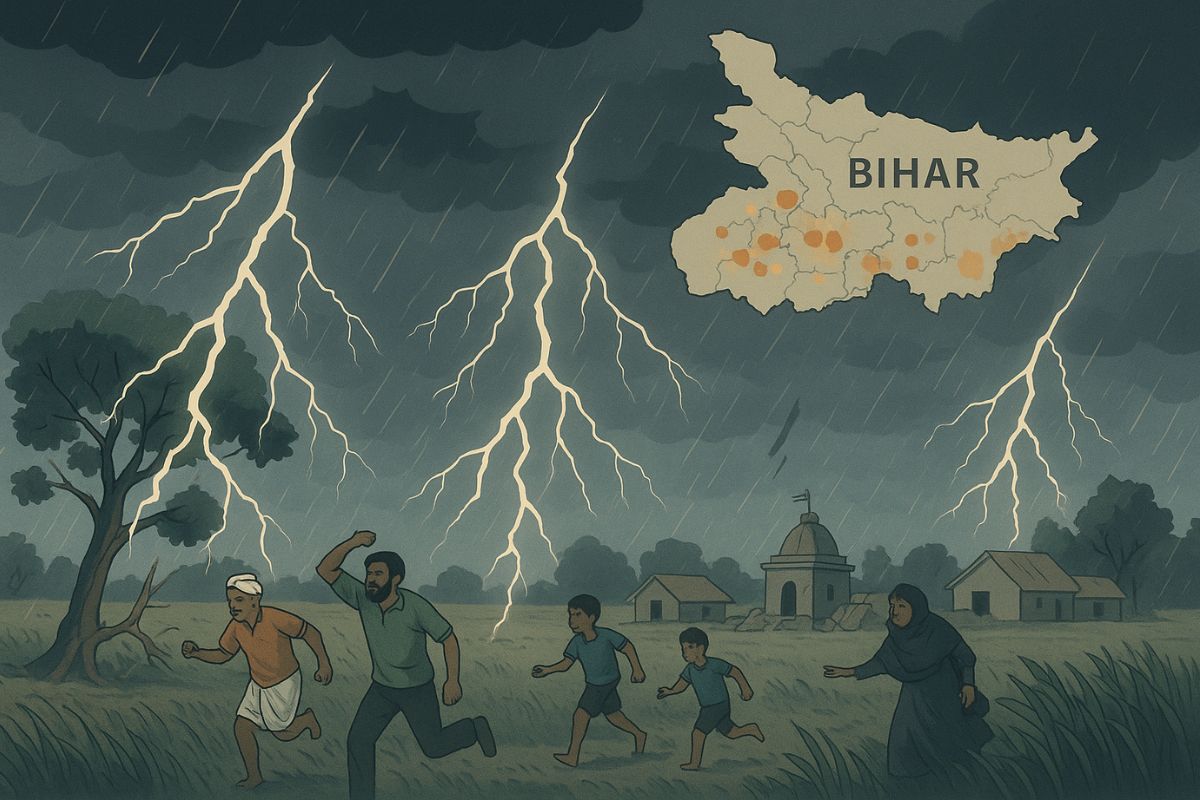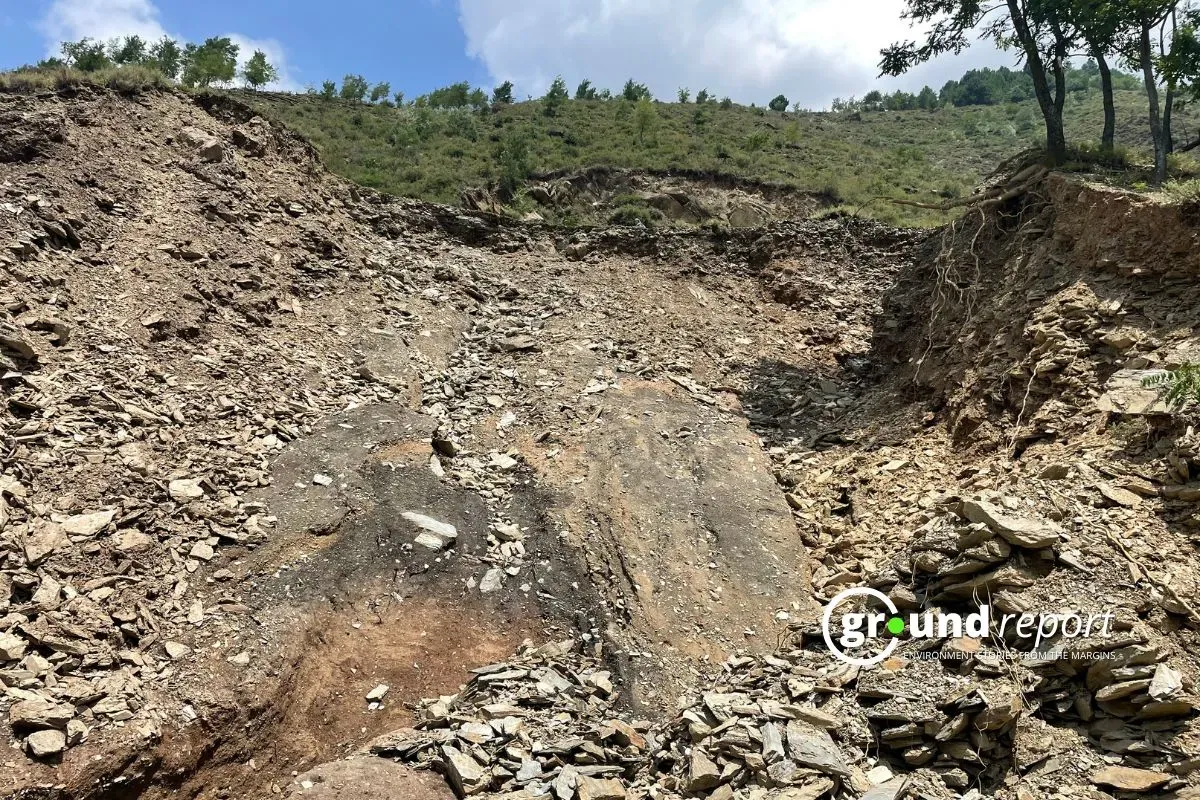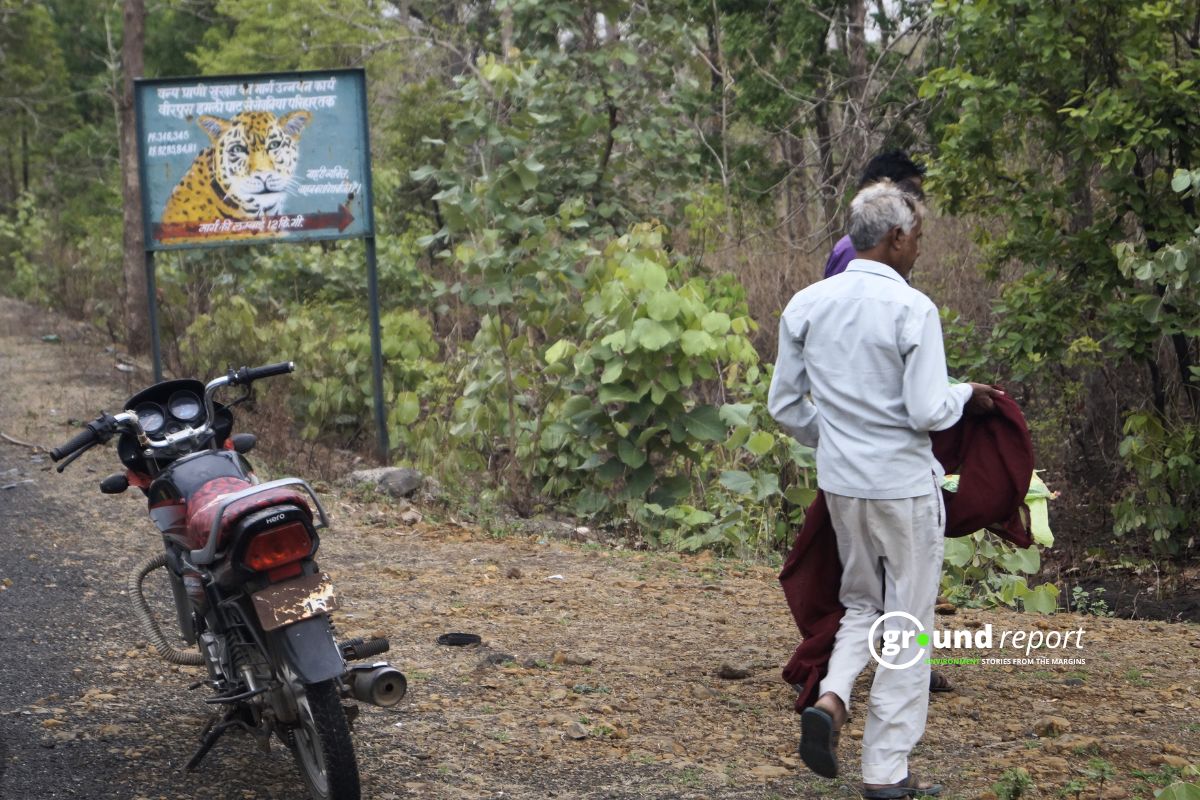As temperatures rise and extreme weather events become more frequent, the world is facing a growing crisis: the ‘heat pandemic’. Families in regions like Gujarat, India and Indonesia find themselves enduring sweltering indoor conditions due to poorly designed and built housing units.
Meanwhile, the pressing need for cooling in these areas is increasing the demand for electricity, coming mainly from fossil fuels, intensifying greenhouse gas emissions and contributing to global warming. A transformative approach to building design is crucial to creating climate-resilient homes that offer a multitude of benefits, both for the environment and for the well-being of its occupants.
The ‘heat pandemic’ is not just limited to India. As global warming progresses, regions with hot climates around the world face increased vulnerability to overheating in homes due to poorly designed structures.
Heat pandemic
The urgency to address the ‘heat pandemic’ stems from the realization that well designed and built homes can provide numerous ‘win-wins’. These houses can serve as a shelter from the impacts of climate change, rather than silently contributing to the climate emergency. There is a pressing need to rethink building practices and ensure homes are fit for future climates in order to achieve this.
Building design is emerging as a major contributing factor in identifying heat waves as the leading cause of weather-related deaths in Europe and the United States. A recent report from the European Commission emphasizes the need for a sustainable cooling strategy, while ensuring equal access to thermally comfortable buildings.
Rising average and extreme temperatures, rapid urbanization, increasing demand for cooling energy, and an aging population collectively increase the vulnerability of millions of people to heat-related health risks on a global scale.
Affordable Housing in India
In Gujarat, many families find air conditioning unaffordable, making cooling a limited luxury for those with means. However, this growing demand for cooling leads to increased consumption of electricity, which is primarily dependent on fossil fuels, further contributing to greenhouse gas emissions and global warming.
Heatwaves cause the most climate-related deaths in Europe and the United States, and building design contributes significantly to this. The European Commission recently issued a report demanding a sustainable cooling strategy that considers the importance of providing fair access to thermally comfortable buildings.
India’s approval to build 8 million new affordable housing units over the next two years presents a critical opportunity to shape the future of housing. Designing buildings to provide thermal comfort and well-being without relying on air conditioning is paramount to protecting millions of people from the health and social impacts of climate change.
Incorporating simple, low-cost design changes can significantly affect building efficiency. The use of insulating wall materials, adequate window shading, the provision of ventilation shutters, and the installation of mosquito nets can reduce annual cooling loads by approximately 25 percent compared to standard practices.
Simple, low-cost solutions
A study conducted by Monash University, in partnership with the Global Buildings Performance Network, has demonstrated that the issue of high energy consumption in households is not limited to India alone. This research also highlights that as global warming intensifies, individuals residing in warm regions across the globe are facing escalating risks of overheating within their residences.
A study in Samarinda, Indonesia, unveiled that households dedicated a significant portion of energy consumption to indoor cooling. However, the inadequate house design maintained consistently high average indoor temperature and humidity, resembling outdoor conditions of over 27 degrees Celsius and 70 percent humidity, even with air conditioner thermostats set to a lower temperature of 20 degrees Celsius.
Limited impact on housing adequacy
Despite climate emergency declarations and action plans for achieving net-zero emissions by 2030, Australian state governments and municipalities have limited influence on the climatic adequacy of new housing and renovations. Planning controls for new townhouses cannot be changed to ensure thermal comfort and zero-net emissions without state government approval.
Similarly, councils have minimal control over the performance of single dwelling proposals or renovations, as enforcement is restricted to compliance with the National Construction Code.
The health and economic benefits of climate change might convince governments and industry, but this is not currently framing the debate about policy reforms in the buildings sector.
Monash University and the Global Buildings Performance Network released a global evidence review during COP26 showing the benefits of implementing policy for zero-emissions buildings go beyond keeping global warming well below 2 degrees.
There are health benefits
In the EU, energy-efficient building renovation is estimated to bring direct health benefits amounting to EU2.86 billion by 2020, along with improved physical and mental health. Thus, prioritizing the enhancement and preservation of thermal comfort in homes is crucial.
Significant job creation and economic benefits were observed. The investment of each USD$1 million in Energy Efficient Buildings results in the creation of approximately 14 job-years of net employment. The green building market has the potential to generate as many as 16 million jobs annually on a global scale. Additionally, this investment facilitates improvement in the productivity of the construction value chain.
Enforcing net-zero energy performance requirements in building codes results in a beneficial impact on public finances in the long run. A prime illustration of this is the potential for energy efficiency measures to contribute towards a 1 percent increase in Germany’s GDP, delivering both direct and supplementary advantages.
During the review process, the research team interviewed policy influencers in Indonesia and India, and filmed individuals at their homes to assess if the firsthand experiences of those residing in sustainable housing align with the existing evidence. Homeowners in Jakarta, Indonesia, shared their accounts of cost savings and health advantages upon transitioning to affordable sustainable housing.
This content is originally published under the Creative Commons license by 360info™. The Ground Report editorial team has made some changes to the original version.
Keep Reading
Part 1: Cloudburst in Ganderbal’s Padabal village & unfulfilled promises
India braces for intense 2024 monsoon amid recent deadly weather trends
Support us to keep independent environmental journalism alive in India.
Follow Ground Report on X, Instagram and Facebook for environmental and underreported stories from the margins. Give us feedback on our email id greport2018@gmail.com.
Don’t forget to Subscribe to our weekly newsletter, Join our community on WhatsApp, and Follow our YouTube Channel for video stories.













